Extended Foster Care
Let’s talk about Extended Foster Care!
Extended Foster Care is a voluntary program for young adults aged 18-21 (or 22 with a qualifying disability) who grew up in the foster care system who would like additional assistance with transitioning toward independent living.
To be part of this program, two things need to happen:
1. You were in the custody of the Department of Children and Families (DCF) or licensed care when you turned 18.
AND
2. You're doing something productive, like:.
- Going to high school or working on getting your GED
- Being in college or a vocational education program
- Working for at least 80 hours a month
- Joining a program that helps you find a job or remove obstacles to employment ( I.e. Good Will or Career Source, Jop Corps)
OR
- You have a documented diagnosed disability that keeps you from doing any of the above activities.
If you ever leave the program but want to get back in, here's the deal:
1. You'll have to fill out an application, also known as an Extended Foster Care Voluntary Placement Agreement. You send it to the community-based care lead agency to see if you can participate in the program again.
2. You also have to be participating in one of the qualifying activities mentioned earlier.
If you ever leave the program but want to get back in, here's the deal:
- Meet with a caseworker once a month to chat about how things are going.
- Keep doing at least one of the activities mentioned above.
- Participate in transition plan staffings on a regular basis
- Show up for court reviews every six months to make sure everything is on track.
Now, about where you can live while you're in the program:
You've got choices, and we want you to be safe and have the chance to learn the skills you need to succeed. With an approved Supervised Living Assessment, you might be allowed to live in a foster home, group home, transitional living program, or some other place with shared living arrangements. If you're ready and it's a good fit, you could even get approval to live in your own apartment.
Depending on where you live in Florida, you might be able to get additional financial support via an allowance after you complete an assessment about your needs.
If you ever have questions about EFC or need more info, you can check out the Office of Continuing Care. They're experts on this stuff and can connect you with the right person to get started. You can call them at (850) 300-HOPE.
If you still have questions and aren't sure where to turn, ask DCF:

